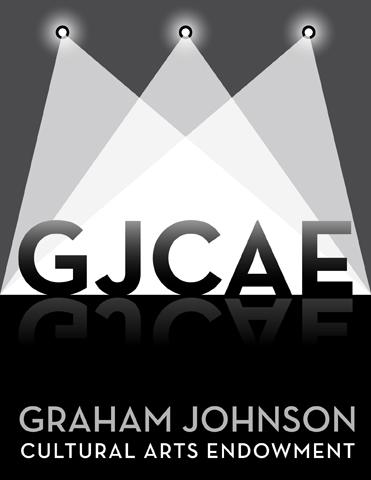Below is reprinted from: http://www.moneylife.in/article/cancer-balloon-punctured/35248.html -
Dr. Albert Szent-Gyorgyi pointed out disease is a process of electron distribution on the molecular level, including cancer. Left open was the possibility of a regular electron supplementation treatment to avoid many diseases such as those called cancer and those resembling cancer. The regular passage of electrons through the body by an external source may be enough to prevent the onset of the many autoimmune diseases we encounter.
Whether cancer therapy has brought down the death rate is a questionwaiting for an answer
I always used to feel that our treatment of cancer does not fit in with common sense. But when I said so, I was mocked. When Nobel Laureate biologist, Albert Szent-Györgyi, noted that it would be difficult to kill cancer cells to the exclusion of surrounding normal cells, since normal and cancer cells work alike, his colleagues went to town with the criticism that this “once brilliant biologist has now gone crazy.”
Now comes a bombshell in the most ‘prestigious’ science journal of the UK, Nature, which has published the results of a study done in Oxford that has shown that, for certain cancers, chemotherapy, in fact, helps the cancer cells to grow which kills the patient!
The abstract of the paper reads: “Acquired resistance to anticancer treatments is a substantial barrier to reducing the morbidity and mortality that is attributable to malignant tumours. Components of tissue microenvironments are recognized to profoundly influence cellular phenotypes, including susceptibilities to toxic insults.
substantial barrier to reducing the morbidity and mortality that is attributable to malignant tumours. Components of tissue microenvironments are recognized to profoundly influence cellular phenotypes, including susceptibilities to toxic insults.
“Using a genome-wide analysis of transcriptional responses to genotoxic stress induced by cancer therapeutics, we identified a spectrum of secreted proteins derived from the tumour microenvironment that includes the Wnt family member wingless-type MMTV integration site family member 16B (WNT16B)...The expression of WNT16B in the prostate tumour microenvironment attenuated the effects of cytotoxic chemotherapy in vivo, promoting tumour cell survival and disease progression. These results delineate a mechanism by which genotoxic therapies given in a cyclical manner can enhance subsequent treatment resistance through cell non-autonomous effects that are contributed by the tumour microenvironment.”
Even suspicious cells make for a definitive diagnosis and the three-pronged attack on the hapless patient has now been shown to be counterproductive by this study. The triple attack has many drawbacks. Extensive mutilation, viz., radical surgical attempts, has its own inherent mortality in the elderly which, at times, become unacceptable.
The side-effects of chemotherapy and the fallout of radiation are all there for anyone to see and learn from. We should find methods to avoid making our treatment worse than the patient’s disease. Whether cancer therapy has brought down the death rate and disability is a million dollar question waiting for an answer, especially after trillions of dollars worth of income to the establishments, medical and pharmaceutical. The initiative by Dr Harold Varmus, of American Cancer Institute, set up a committee of nine specialists to look into the very definition of cancer, from the present all-encompassing definition, to help the industry.
In an article some time ago, I had gone into great details about
Dr Varmus’s plan to rename cancers. At present, more than 70% of the diagnosed cancers are, in fact, not cancers at all. They do not go to become killer cancers and most of them outlive humans. Of course, there are NO pre-cancerous conditions.
There are many natural cancer relief methods that have been suppressed and condemned by the mainstream establishments. One among them, which has been studied extensively recently, is the Indian spice: turmeric.
Turmeric has been shown to be very effective in cutting off blood supply to the tumour mass. Used in early stages, it might completely suppress cancer growth. Turmeric has also been shown to minimise the chemotherapy side-effects to make life easier for victims.
There are a host of others waiting to be investigated scientifically to see if they are good without serious side-effects like those of the chemotherapeutics. There is a crying need for such research but who will fund such research since it might threaten to break mainstream drug cartel’s rice bowl? Our sole aim should be to cure rarely, comfort mostly but to console always as believed by Hippocrates. We should strive to make the patient’s life bearable through a better and simpler approach to cancer therapy.
Professor Dr BM Hegde, a Padma Bhushan awardee in 2010, is an MD, PhD, FRCP (London, Edinburgh, Glasgow & Dublin), FACC and FAMS.


